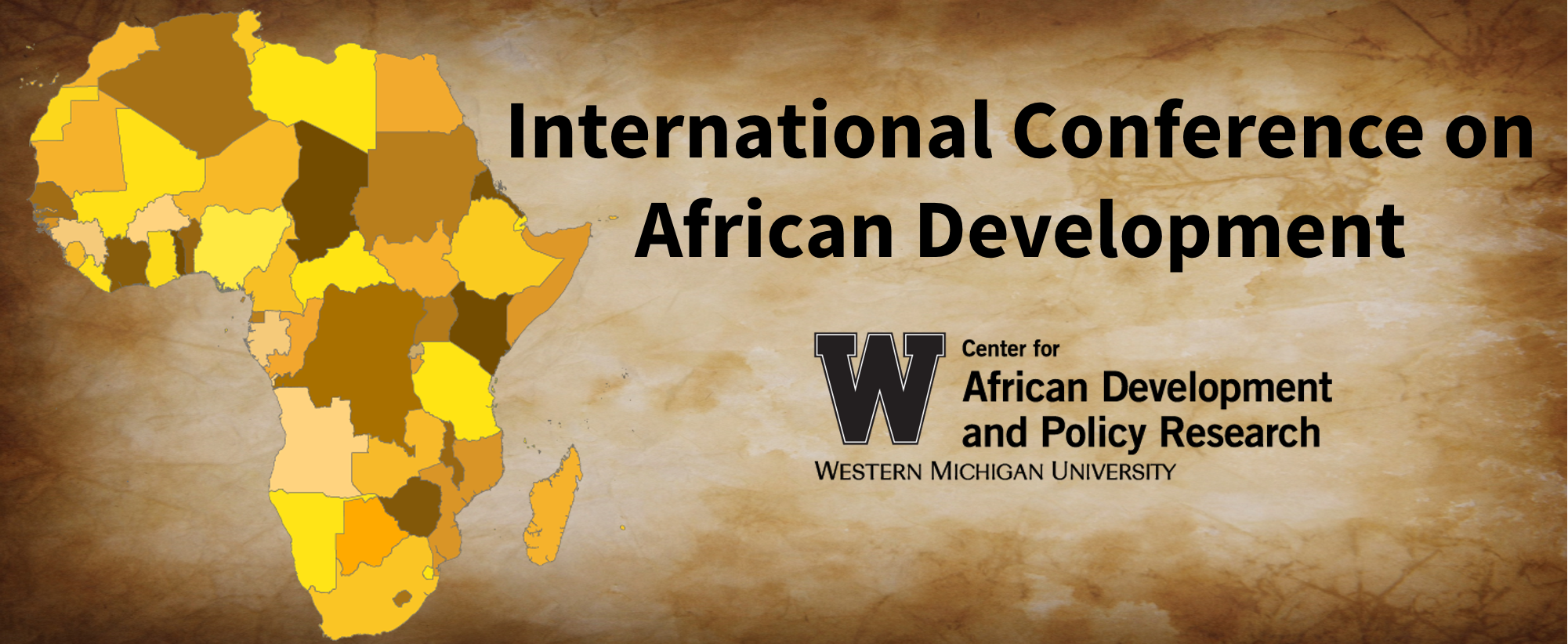3.3 Fragility, Persistent Violent Agitations and Underdevelopment: Reflections on the Nexus and the Experience in Nigeria
Abstract
Persistent violent agitation is one of the key features of fragile states. Indeed, states that have been classified as fragile, like Afghanistan, Mali, South Sudan, Syria, Iraq, Yemen, Libya, Burundi, Zimbabwe, Haiti, Somalia, Pakistan and others, where all experience varying forms and degrees of persistent violent agitations. Nigeria also, which is the focus of this paper, has been inundated with varying forms and degrees of violent agitations. The most persistent among them are the Boko Haram insurgency that started in 2002 and the Niger Delta Militancy that started in 1998. Boko Haram is an Islamic religious sect that seeks to forcefully establish a pure Islamic state ruled by Sharia and to put an end to western education or civilization in Nigeria. The Niger Delta Militancy is an organized violent activity by militant groups in the Niger Delta Region of Nigeria that is popularly seen as an expression of dissatisfaction with the state of development in their area and the desire to control the natural resources, particularly oil, in the past seventeen years. There have been various efforts by the government for nearly two decades to control the violent activities of the Boko Haram sect and the Niger Delta militant groups. The groups, however, have proved to be very resilient as they continue to carry out major violent activities within their respective areas and even beyond. In the context of the concern over the persistence of these violent agitations and their impact on development, this paper is developed to critically reflect on the relationship among Nigerian state fragility, the persistent violent agitations and the nation’s state of underdevelopment. In doing this, data or information were largely gathered from secondary sources of information and consequently analysis was based on content analysis technique. The major conclusion of the paper is that the persistent violent agitations in Nigeria are manifestations or symptoms of the Nigerian state fragility and that the former are in turn aggravating the later in its various dimensions. Consequently, it is suggested that an effective and sustainable control of the persistent Boko Haram insurgency and Niger Delta militancy require integrated efforts towards exiting from the fragility syndrome that nourishes violent agitations.
3.3 Fragility, Persistent Violent Agitations and Underdevelopment: Reflections on the Nexus and the Experience in Nigeria
1920 Sangren Hall
Persistent violent agitation is one of the key features of fragile states. Indeed, states that have been classified as fragile, like Afghanistan, Mali, South Sudan, Syria, Iraq, Yemen, Libya, Burundi, Zimbabwe, Haiti, Somalia, Pakistan and others, where all experience varying forms and degrees of persistent violent agitations. Nigeria also, which is the focus of this paper, has been inundated with varying forms and degrees of violent agitations. The most persistent among them are the Boko Haram insurgency that started in 2002 and the Niger Delta Militancy that started in 1998. Boko Haram is an Islamic religious sect that seeks to forcefully establish a pure Islamic state ruled by Sharia and to put an end to western education or civilization in Nigeria. The Niger Delta Militancy is an organized violent activity by militant groups in the Niger Delta Region of Nigeria that is popularly seen as an expression of dissatisfaction with the state of development in their area and the desire to control the natural resources, particularly oil, in the past seventeen years. There have been various efforts by the government for nearly two decades to control the violent activities of the Boko Haram sect and the Niger Delta militant groups. The groups, however, have proved to be very resilient as they continue to carry out major violent activities within their respective areas and even beyond. In the context of the concern over the persistence of these violent agitations and their impact on development, this paper is developed to critically reflect on the relationship among Nigerian state fragility, the persistent violent agitations and the nation’s state of underdevelopment. In doing this, data or information were largely gathered from secondary sources of information and consequently analysis was based on content analysis technique. The major conclusion of the paper is that the persistent violent agitations in Nigeria are manifestations or symptoms of the Nigerian state fragility and that the former are in turn aggravating the later in its various dimensions. Consequently, it is suggested that an effective and sustainable control of the persistent Boko Haram insurgency and Niger Delta militancy require integrated efforts towards exiting from the fragility syndrome that nourishes violent agitations.

